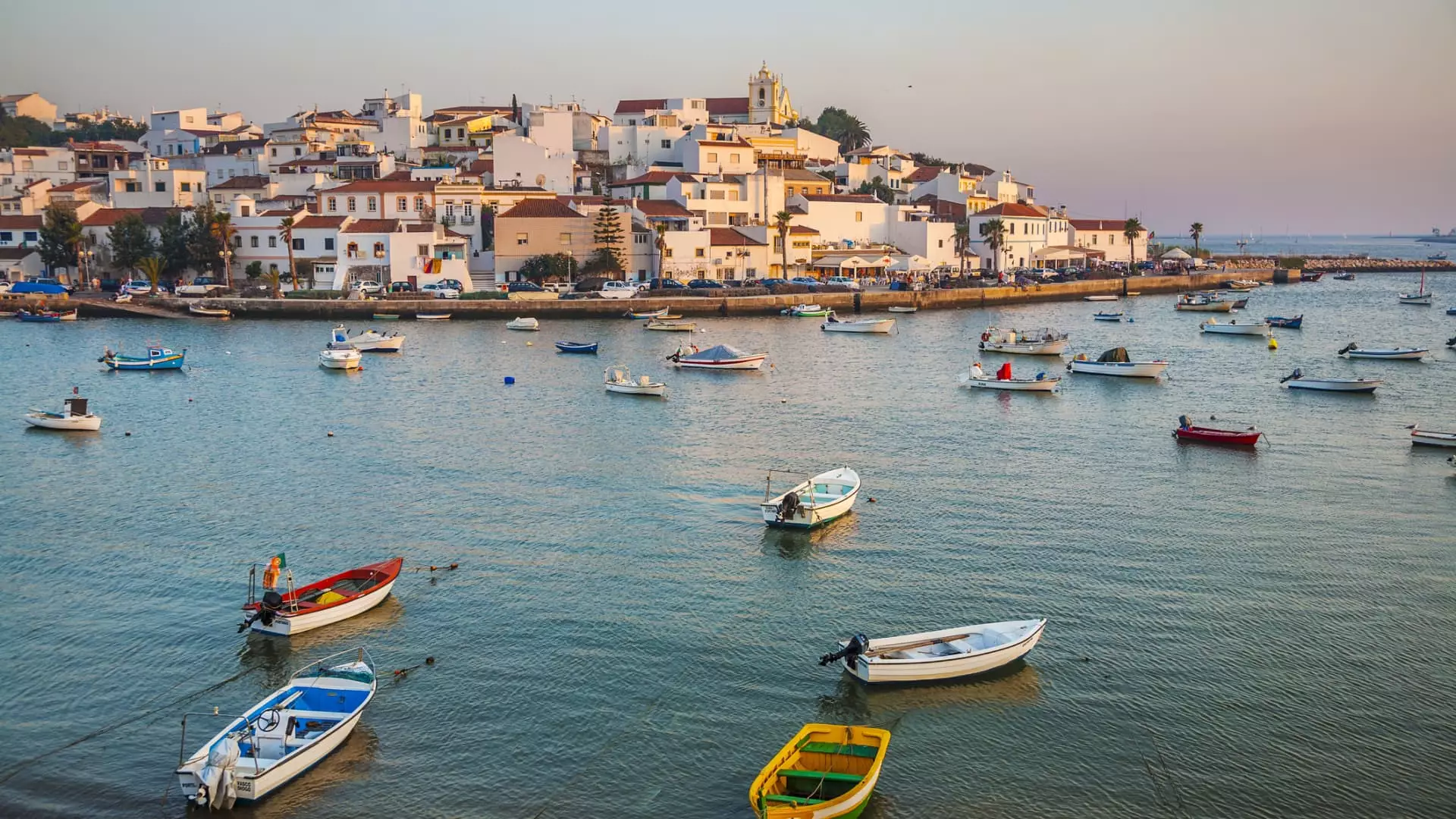The upcoming election has stirred significant concern among wealthy Americans, prompting a surge in interest for overseas migration. As political tensions mount, experts are observing an unprecedented demand from high-net-worth individuals looking to secure second passports or long-term residency in foreign nations. Immigration attorneys are witnessing a markedly different demeanor this election cycle, with many affluent clients not just contemplating but actively engaging in the processes of relocation.
Dominic Volek from Henley & Partners has noted a 30% spike in the number of Americans planning to move abroad, a trend unprecedented compared to previous election seasons. Historically, sentiments of moving out of the country post-election have been commonplace, but now, the wealthy are taking proactive steps rather than merely discussing the possibility of leaving. This growing trend demonstrates a palpable anxiety permeating the elite social strata, manifesting as an eagerness to establish a safety net in an increasingly volatile political landscape.
Contributing factors for this migration extend beyond political discontent. While changes in taxes and governance have historically motivated migration decisions, numerous high-net-worth individuals are pivoting towards broader concerns such as social unrest, safety, and long-term stability. David Lesperance of Lesperance and Associates reflects a substantial shift in motivations; many clients cite fears of civil unrest and potential violence as driving influences.
A survey conducted by Arton Capital echoes this sentiment, revealing that over half of American millionaires are contemplating relocation, with younger investors showing an especially strong inclination. The inclination towards so-called “golden visas,” residency-by-investment programs favored by the affluent, displays a clear trend among individuals aged 18 to 29 seeking alternatives outside American borders.
Moreover, the notion that one should diversify their “passport portfolio” has gained traction, allowing for a broader range of choices in safety and investment options. Just as affluent individuals spread their financial investments across different opportunities, they now seek immigration solutions that manage their geographical and political risks.
As wealthy Americans cast their eyes towards Europe, countries such as Portugal, Malta, Greece, and Spain emerge as favorable destinations for second citizenship and residency. This affinity is not a novel concept; American interests in Europe have been evident for decades. However, the incentives and regulations governing immigration are rapidly evolving in light of increased demand.
Reform measures have been enacted in several countries in response to a flood of applicants. Portugal, for instance, has experienced considerable backlash against its golden visa program, compelling the government to impose tighter restrictions and raise investment thresholds. These shifts highlight the tension between the influx of wealth and local socio-economic realities, indicating that the simple act of acquiring residency can involve navigating a complex bureaucratic landscape.
Despite these changes, Malta remains prominent as the ideal locale for those able to invest between $1 million to $1.2 million for citizenship. This option facilitates unhindered access to the European Union, underscoring an understanding of the allure of EU citizenship among American elites.
While the allure of European landscapes is undeniable, other avenues for obtaining citizenship are equally enticing. The Caribbean has emerged as another hotspot for those merely seeking a second passport without the hefty investment sums typically associated with European countries. Nations like Antigua and Barbuda offer citizenship in exchange for real estate investments starting at approximately $300,000, providing ease of travel to numerous global destinations.
For many potential expatriates, the immigration process can be lengthy and riddled with complications. Such realities demand patience, as the increasing volume of applicants can compound delays. The landscape of options is broad; however, as applicants anticipate potential shifts in political climates in the U.S., a waiting list for restorative citizenship avenues may grow.
With rising concerns about political instability and social safety in the United States, wealthy Americans are not just opting for luxury lifestyles abroad; they are opting for security. As they seek alternatives through migration, the significance of these changes extends beyond individual choices—it reflects broader societal anxieties that come into sharper focus during pivotal moments in American history. The decisions made today may well determine the social and financial landscapes of tomorrow—both for individuals and for the nation as a whole. The desire for safety in a complex world motivates a growing narrative around international migration from the wealthy elite, revealing just how intertwined personal security has become with national identity in contemporary society.

